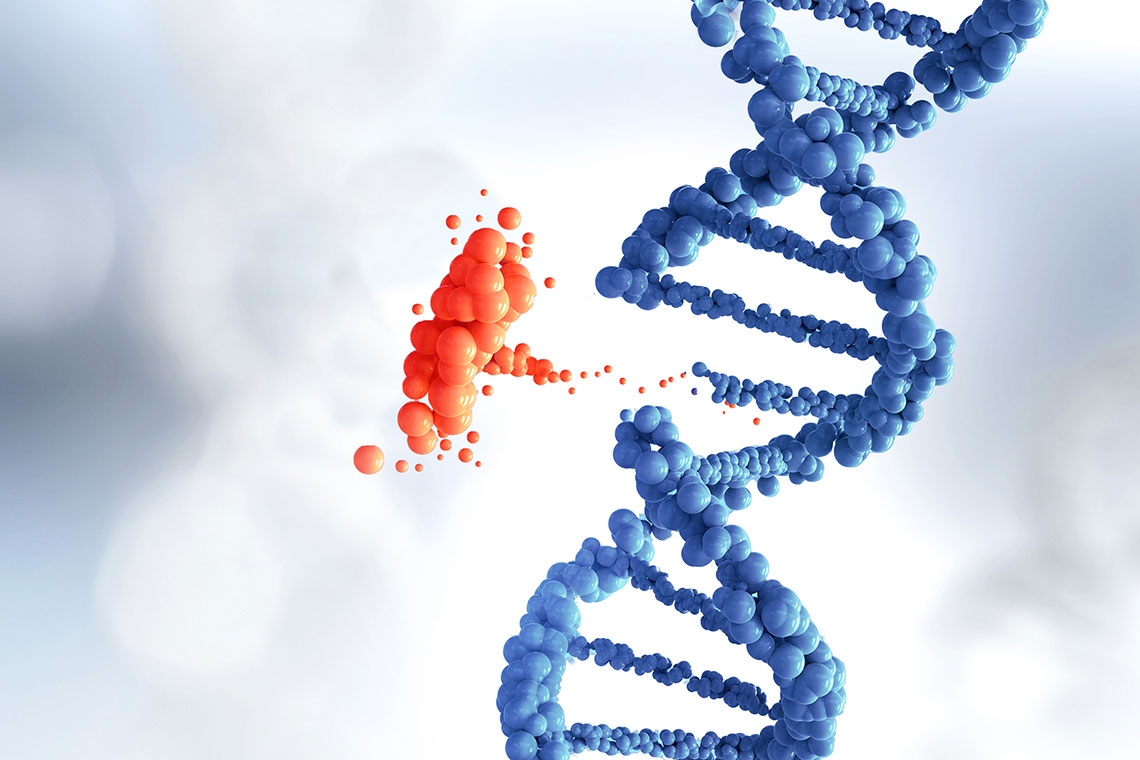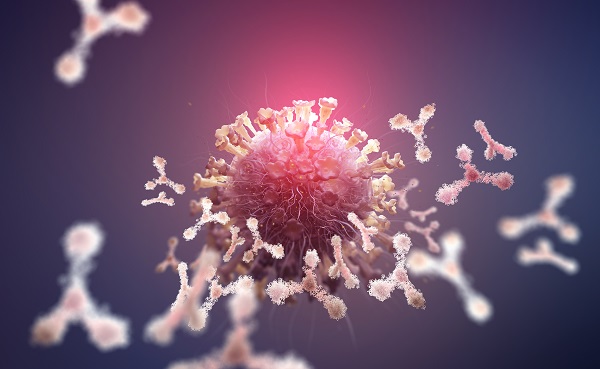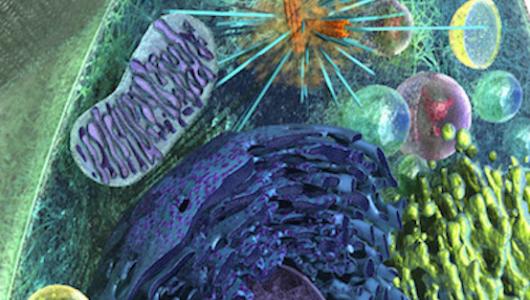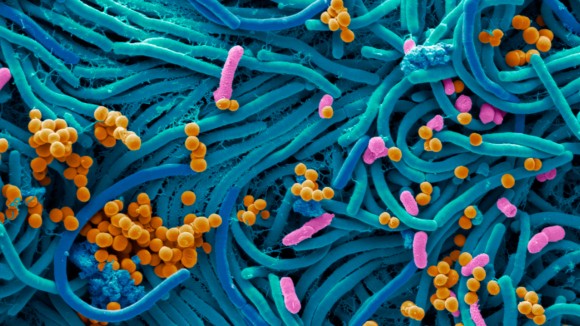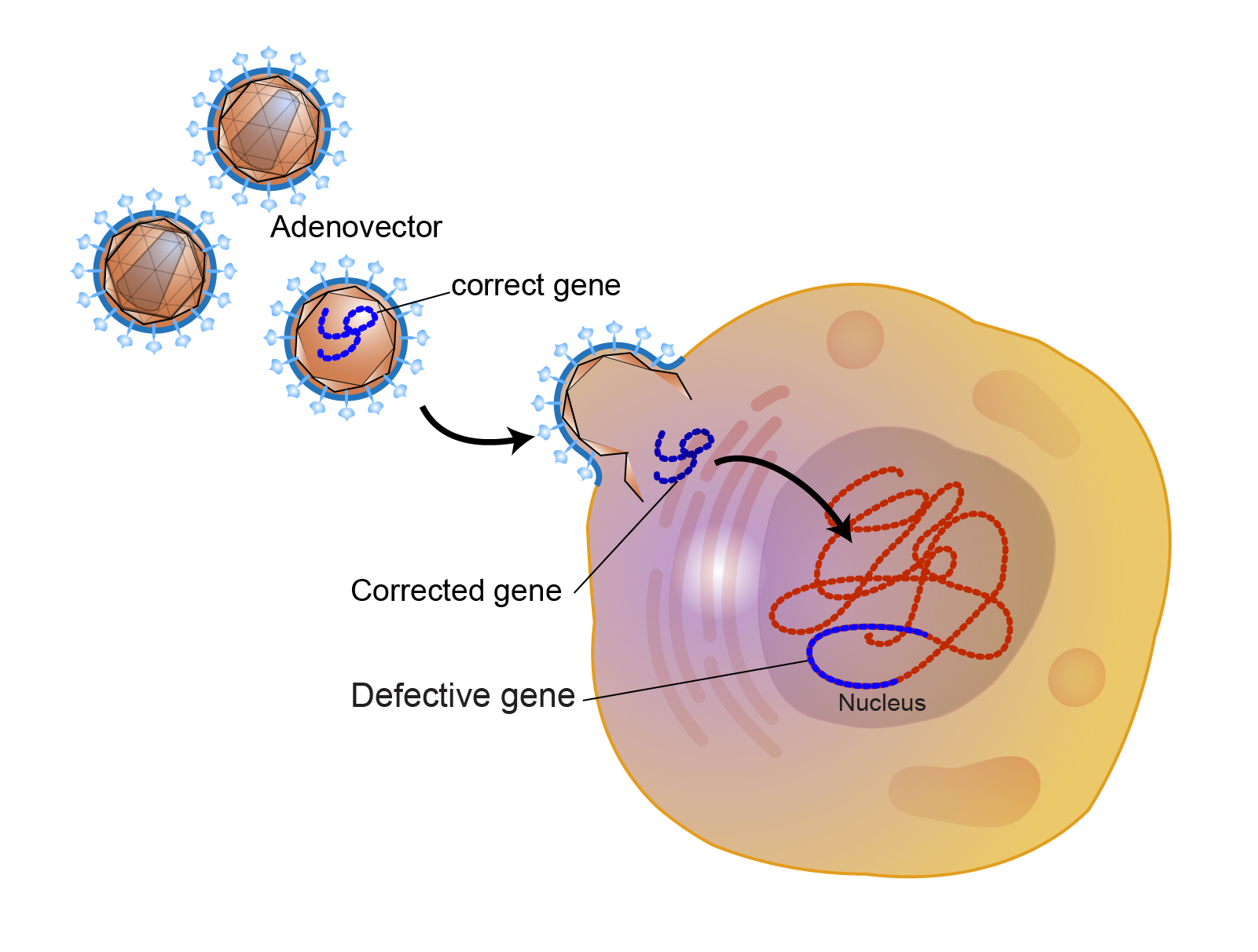Overview
The Department members that are Faculty staff and/or tutors of the PhD Program in Molecular Medicine and Medical Biotechnology are deeply engaged in ongoing research activities aimed at addressing fundamental questions in different fields of modern molecular medicine and at exploiting biotechnological approaches for the development of innovative diagnostic tools and drug therapies for human diseases.
The main research areas of our Department are molecular oncology, genetic diseases, immunology and immune-related diseases, cell biology and pathophysiology, microbiology, translational research: molecular diagnostic and therapeutics.
Molecular Oncology
Several teams are involved in examining either the basic aspects of the regulations of cellular functions or the phenotypic alterations characterizing various cancer types, including thyroid cancers, melanoma, and colorectal cancers. These studies include DNA replication, transcription and repair, mitosis, apoptosis, signal transduction. Our research projects are also aimed at identifying new targets and cognate active molecules, able to interfere with neoplastic processes.
Genetic diseases
Several teams are involved in research projects designed to address the basic challenges of various genetic diseases, including monogenic diseases, like hemochromatosis and other inborn metabolic diseases, cystic fibrosis, haemoglobinopathies, neuromuscular diseases, triplet diseases, developmental diseases, and multifactorial diseases, like obesity and atherosclerosis. These projects are often closely linked to the clinical setting, and exploit systematic approaches of analysis, like genomics, epigenomics, transcriptomics, proteomics, metabolomics and bioinformatics
Immunology and immune-related diseases
Several research projects focus on the understanding of unaddressed functions of the immune system and of immune-related diseases, as well as other key biological aspects like inflammation. In all of these cases the main focus is on the pathological consequences of such alterations. Innovative therapeutic approaches for several disease including SARS-Cov-2 infection, are currently being investigated using recombinant molecules, antibodies, cells, and small molecules.
Cell biology and physiopathology
Some research groups are involved in investigating the mechanisms that regulate cellular function or the basic alterations that characterize several diseases. Main topics of research are: membrane trafficking in health and disease, cell polarity, protein homeostasis, organelle biogenesis, inter-organelle communication, lysosomes and lysosomal storage disorders, ciliogenesis and ciliopathies, cellular stress regulators, authophagy, mitochondria, oxidative stress, aging and neurodegenerative disorders, stem cell biology and differentiation.
Microbiologiy
The focus of some research groups is the identification and characterization of micro-organisms involved in bacterial, viral, fungal and parasitic infectious diseases as well as the molecular mechanisms of microbial pathogenesis and host-micro-organism interactions. Research topics include: microbiome, mechanisms of antimicrobial/antiviral resistance, functional diversity and adaptive potential of natural microbial communities, in vivo models of infections, genome sequencing and real time biofilm formation.
Translational research: molecular diagnostic and therapeutics
The activity of some groups is focused on innovative diagnostic approaches, use of new molecular and biochemical markers, drug discovery, drug delivery, gene therapy, personalized medicine. Topics include: new disease-specific omics signatures, theranostic applications in nanomedicine, adenoviral vectors and vaccines, exploiting new routes for the therapy of human disease, including cancer and cancer combinatorial therapies, SARS-Cov-2 infection, marker detection by single cell-RNA sequencing.

